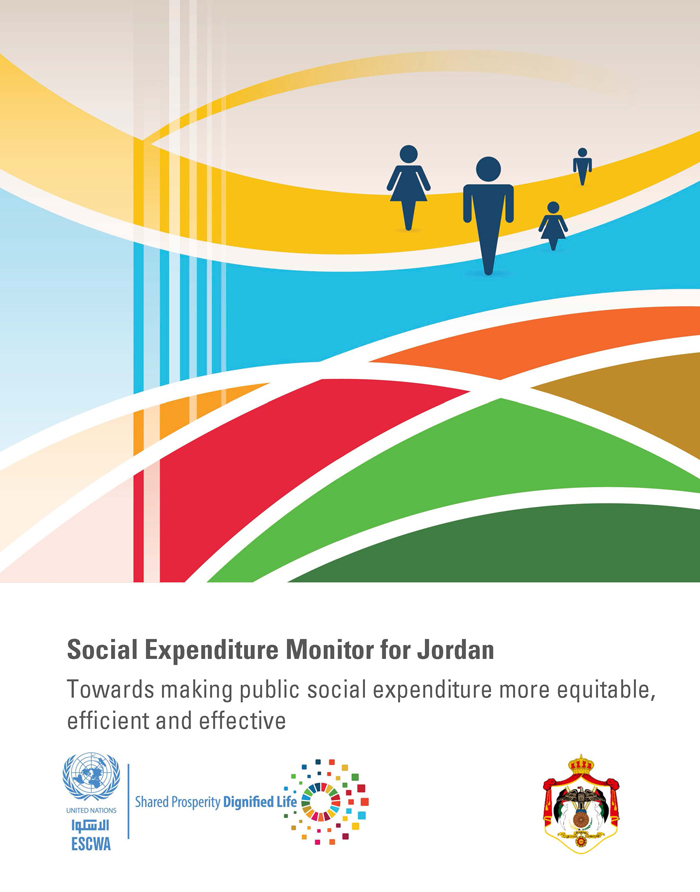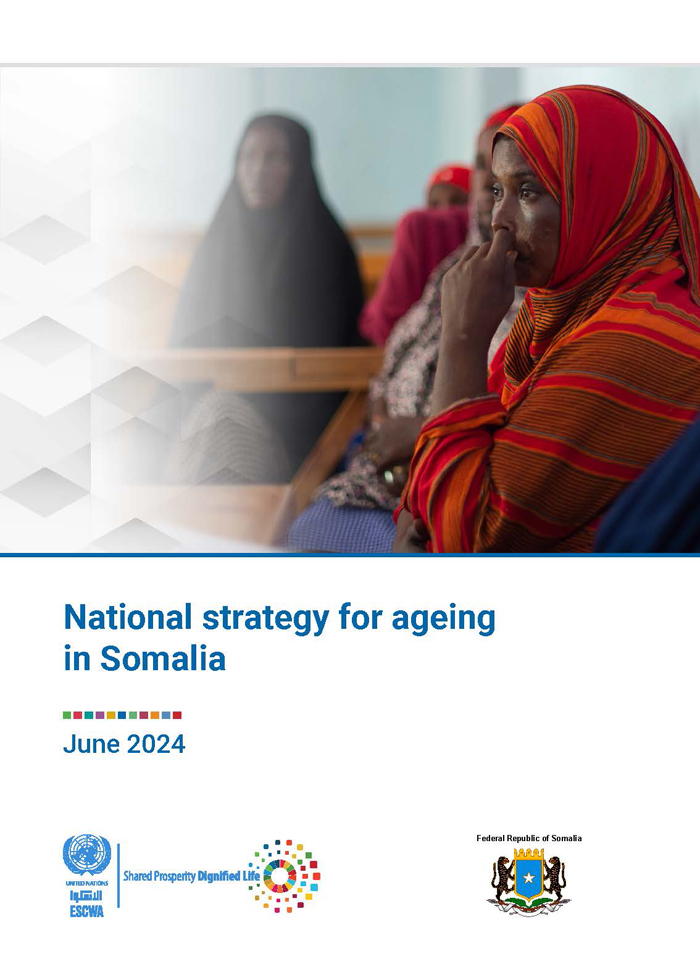
ESCWA Publication: E/ESCWA/CL3.SEP/2021/CP.4
Country: Hashemite Kingdom of Jordan
Publication Type: Information material
Cluster: Shared Economic Prosperity
Focus Area: 2030 Agenda, Debt and fiscal policy, Inclusive development
Initiatives: Social Expenditure Monitor for Arab States, Public finance and inclusive fiscal policy
SDGs: Agenda 2030
Keywords: Economic conditions, Fiscal policy, Sustainable development, Public expenditures, Human development, Technical cooperation, Debt
Social Expenditure Monitor for Jordan: Towards making public social expenditure more equitable, efficient and effective
September 2022
A comprehensive mechanism that monitors social expenditure, such as the social expenditure monitor (SEM), helps to ensure more efficient and effective budget allocations to achieve socioeconomic priorities and the SDGs. Using SEM, this policy paper analyses the major trends and patterns of social expenditure allocations in the public budgets of Jordan and assesses their efficiency. The paper draws important policy conclusions, such as improving monitoring and governance of social programmes for a more equitable, efficient and effective social policy; enhancing fiscal space for increasing social expenditures in critical areas of social policy such as quality education and health services, early childhood development, labour market, research and development and climate actions; reprioritizing allocations to critical social policy areas with balanced mix of expenditures towards improving human development, human capital and economic growth; and modernizing the public transfer system in order to ensure transparency, efficient and quality service delivery and better target vulnerable populations.
Related content
2030 Agenda
, Debt and fiscal policy
, Inclusive development
,
A comprehensive mechanism that monitors social expenditure, such as the social expenditure monitor (SEM), helps to ensure more efficient and effective budget allocations to achieve socioeconomic priorities and the SDGs. Using SEM, this policy paper analyses the major trends and patterns of social expenditure allocations in the public budgets of Jordan and assesses their efficiency. The paper draws important policy conclusions, such as improving monitoring and governance of social programmes for a more equitable, efficient and effective social policy; enhancing fiscal space for increasing social expenditures in critical areas of social policy such as quality education and health services, early childhood development, labour market, research and development and climate actions; reprioritizing allocations to critical social policy areas with balanced mix of expenditures towards improving human development, human capital and economic growth; and modernizing the public transfer system in order to ensure transparency, efficient and quality service delivery and better target vulnerable populations.



